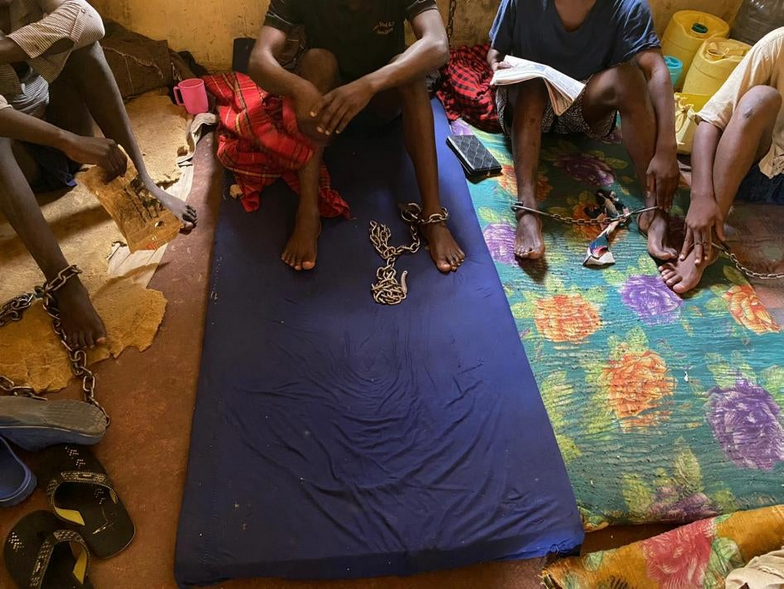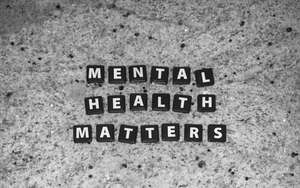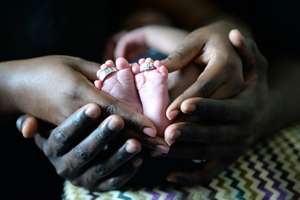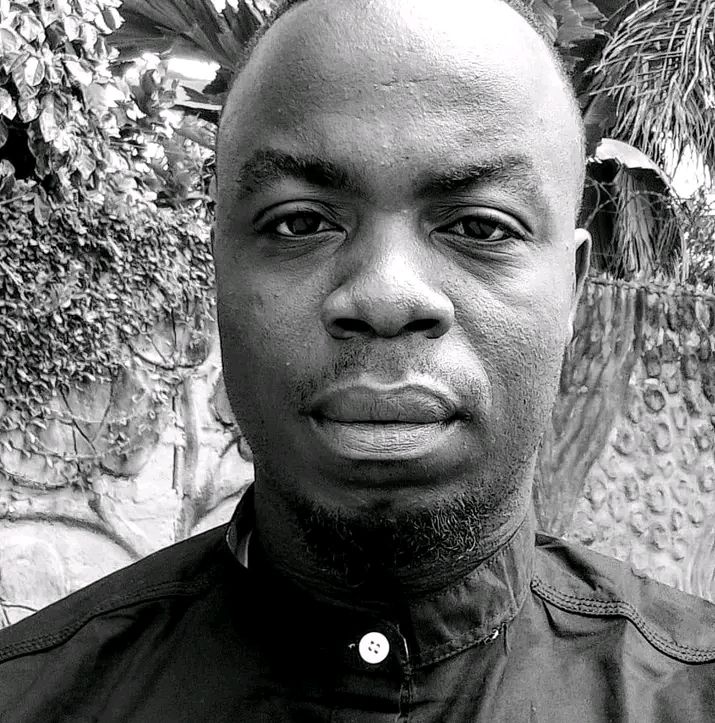Building a Healthier, Kinder Kenya
We believe that mental wellness is not a solo effort; it's a journey we take together as a nation. In a country where mental health often faces silence and stigma, our goal is to shed light through knowledge. We are a nonprofit based in Kenya, guided by a simple, powerful idea: everyone deserves a clear path to care, understanding, and support.

So, how do we put that belief into action? Our work focuses on four main pillars.
1. Educating the Public: Starting the Conversation
We believe that knowledge is the first step toward healing. For too long, fear and misunderstanding have kept mental health in the shadows. We aim to bring it into the light.
- Awareness Campaigns: We connect with people where they are. Through lively workshops in community centers, relatable conversations on social media, and interactive local events, we simplify complex topics into clear, human terms. We discuss everything from managing everyday stress to understanding more serious issues, always striving to replace stigma with empathy.
- Information Dissemination: Confusion can be a major obstacle. We work hard to collect and share clear, trustworthy information about mental health, treatment options, and, most importantly, the services available right here in Kenya. We turn knowledge into practical, usable resources.
2. Policy and System Change: Fixing the Road to Care
One person can be resilient, but a broken system lets everyone down. We work to make sure the systems meant to support mental wellness are strong, fair, and open to all.
- Lobbying for Legislation: We advocate for laws and policies that ensure mental health funding goes where it's needed, guarantee access to quality care, and protect the rights of those living with mental health conditions. We believe that a healthy nation is one that invests in the minds of its people.
- Engaging with Decision-Makers: We don’t just shout from the sidelines; we engage directly. We collaborate with local leaders, county governments, and national ministries to provide expert guidance and shape policies that create real improvements in mental health services.
3. Supporting Those Affected: You Are Not Alone
While we focus on the bigger picture, we never forget the individual. Our work is rooted in the real experiences of Kenyans facing mental health challenges.
- Peer Support Initiatives: Sometimes, the most powerful support comes from someone who truly understands. We facilitate peer support groups and outreach programs, creating networks where individuals can share their experiences, strength, and hope in a safe and supportive environment.
Ensuring Inclusive Services: We pay special attention to marginalized communities, including youth, people with disabilities, and those in low-income areas, who often get left behind. We advocate for them to ensure that mental health services are culturally sensitive, accessible, and truly meet their needs.
4. Building Community Connections: Weaving a Stronger Net
Mental health is more than just a healthcare issue; it's a community issue. It affects our schools, workplaces, and homes. We are building a network of care that surrounds everyone.
- Collaboration with Stakeholders: We team up with healthcare providers, schools, religious organizations, and other community groups. By connecting these different parts, we create a stronger, more coordinated support system that improves mental health outcomes for all.
- Creating Safe Spaces: Through our partnerships and programs, we aim to create environments—both physical and cultural—where someone can say "I'm not okay" without fear of judgment. A safe space can be a classroom, a community center, or simply a conversation where it’s okay to be vulnerable.
Overview of Mental Health in Kenya
According to the World Health Organization (WHO), around 20% of Kenyans suffer from mental health conditions, with depression and anxiety being the most common. However, mental health remains neglected, with limited resources and support available. The country faces substantial challenges in tackling mental health, including:
- Stigma and social stigma: Mental health conditions are often stigmatized, leading to isolation and discrimination.
- Limited resources: Mental health services are scarce, with few healthcare providers and limited access to services, especially in rural areas.
- Cultural and social factors: Cultural beliefs and practices can affect mental health and help-seeking behaviors.
Prevalence of Mental Health Conditions in Kenya
The prevalence of mental health conditions is a serious concern. A study published in the Journal of Affective Disorders indicates that about 10.3% of Kenyans experience depression, while around 7.4% face anxiety disorders. These conditions can significantly affect a person's quality of life, relationships, and productivity.
Common mental health conditions include:
- Depression: A mood disorder characterized by persistent feelings of sadness, hopelessness, and loss of interest in activities. Depression can affect anyone, regardless of age, sex, or background.
- Anxiety disorders: A group of conditions marked by excessive worry, fear, or anxiety that disrupt daily life. Anxiety disorders can take various forms, such as generalized anxiety disorder, panic disorder, or social anxiety disorder.
- Substance use disorders: Conditions arising when individuals become dependent on substances like alcohol, tobacco, or illicit drugs. Substance use disorders can lead to severe consequences, including addiction, health issues, and social and economic challenges.
Challenges Curtailing Advocacy Efforts
Kenya faces several challenges in addressing mental health, including:
- Limited mental health infrastructure: The country has few mental health facilities, mostly in urban areas.
- Shortage of mental health professionals: There is a lack of mental health specialists, including psychiatrists, psychologists, and social workers.
- Stigma and social stigma: Mental health conditions are often stigmatized, leading to social isolation and discrimination.
- Cultural and social factors: Cultural beliefs and practices can impact mental health and help-seeking behaviors.
Mapped Public Resources
Despite these challenges, there are various mental health resources in Kenya, including:
- Healthcare providers: Hospitals, mental health clinics, and private practitioners offering mental health services.
- Support groups: Informal groups, such as support groups for people living with HIV/AIDS, that provide emotional support and connection.
- Community-based initiatives: Programs like mental health awareness campaigns and advocacy groups that promote mental health and well-being.
- Hotlines and helplines: Services that offer immediate support and guidance for individuals in crisis.
Opportunities for Growth and Improvement
These include:
- Increased awareness: Growing awareness about mental health and the importance of mental health care.
- Collaboration and partnerships: Partnerships between government, NGOs, and healthcare providers to enhance mental health services.
- Innovative solutions: Creative solutions like mobile health (mHealth) interventions and digital mental health platforms that can improve access to services.
- Integration of mental health into primary care: Including mental health in primary care can enhance access to services and reduce stigma.
Where we are today
Mental illness in Kenya remains badly under-served, with limited access to care, few specialists, and pervasive stigma that silences many in crisis. Awareness is slowly growing, but a significant knowledge gap about where and how to get help remains. Currently, services are fragmented, largely secret, and hard to find—especially in rural Kenya. MindTheMap is working towards transformation by collecting, affirming, and unifying mental health statistics across six counties, ensuring no one is left behind.
















